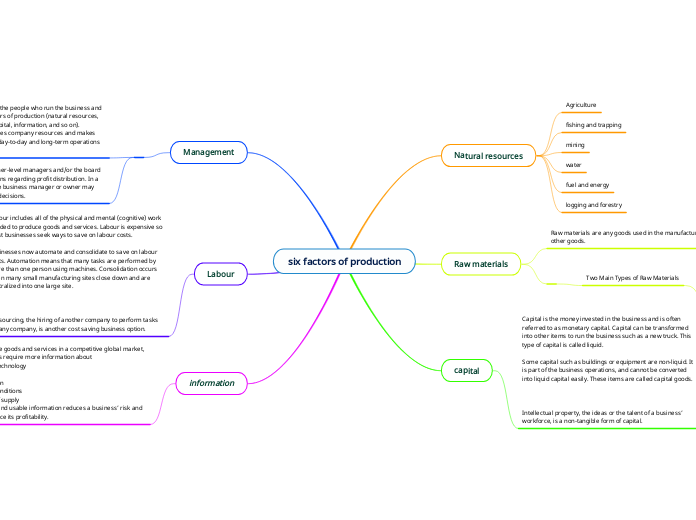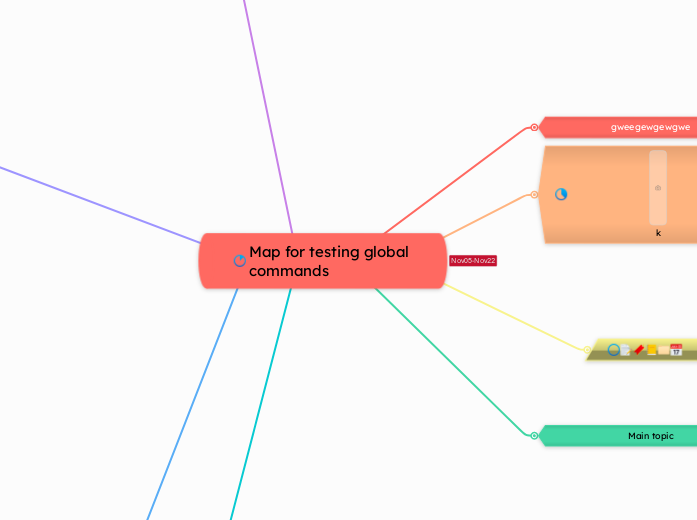av Mhyca Munoz för 3 årar sedan
1579
six factors of production
In order to effectively produce goods and services in a competitive global market, businesses must gather extensive information on new technologies, customer preferences, competition, political conditions, and supply sources.









